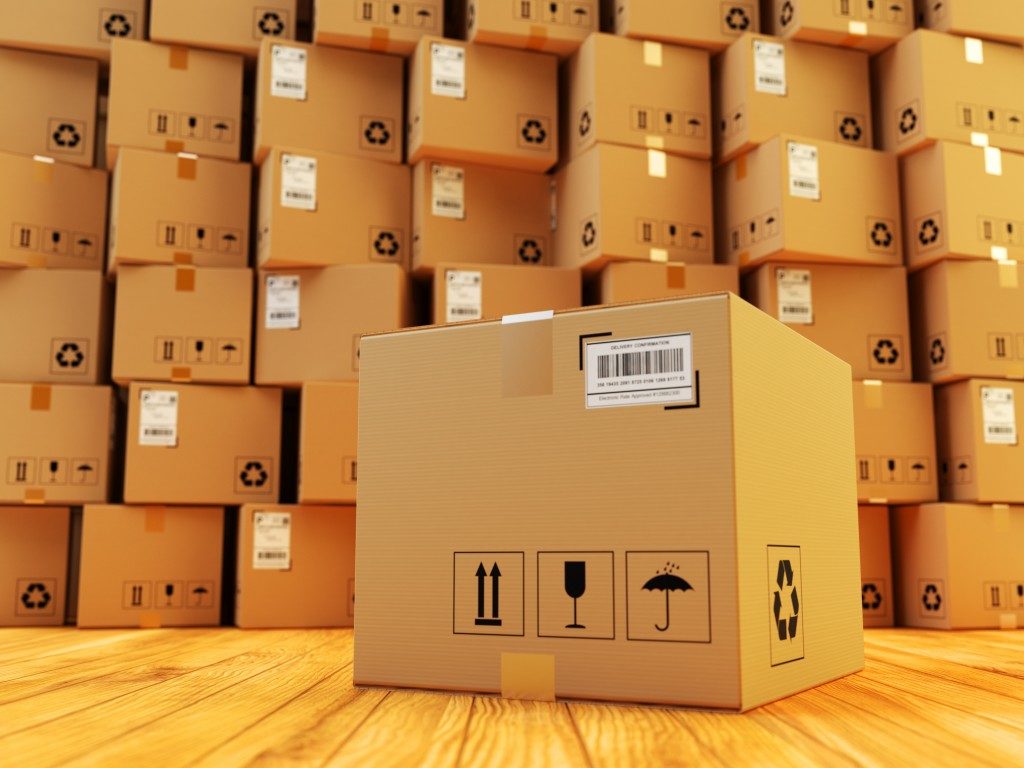Responsible for the carriage of 90 per cent of the world’s trade, the shipping industry is the lifeblood of the global economy. Without shipping, trade of manufactured goods wouldn’t be possible.
However, the shipping industry remains prone to accidents. The mishaps at sea vary, from a small fire or a full-on collision. The accident could be beyond human control because of natural disasters, other times the cause is down to human error.
Serious hazards spell losses for the customer, especially if their cargo is lost at sea or delayed at the ports. An angry client could take legal action, leaving you with a financial headache and possibly a bad reputation.
Risks at sea may not be fully eliminated, but they can be mitigated to lessen your headaches. Here are three ways to minimise the effects of risks to your shipping business:
1. Identifying and Assessing Current Risks
Risk management begins by identifying the risks common in your business. Look at your supply chain and determine the instances that caused delays in your past deliveries. It also helps to talk to employees, as they’re the ones most involved during the delivery process.
Determine the nature, sources and causes of these risks and estimate their levels of urgency. For example, strikes at the port don’t have as much impact on your business as natural catastrophes. After that, decide on what actions to take given your available resources, starting with the most urgent risk.
2. Investing in Staff Training
 Human error remains the most common reason for maritime accidents, and it can be controlled, unlike natural catastrophes. Therefore, training of crew members is essential to minimise mishaps caused by individuals. Training helps staff not only to properly manoeuvre a ship in and out of the harbour but to also effectively communicate with fellow members.
Human error remains the most common reason for maritime accidents, and it can be controlled, unlike natural catastrophes. Therefore, training of crew members is essential to minimise mishaps caused by individuals. Training helps staff not only to properly manoeuvre a ship in and out of the harbour but to also effectively communicate with fellow members.
3. Investing in Insurance
Marine insurance is a compulsory investment for ship owners and shipping businesses. It covers losses and damages of the ship and cargo, and it compensates for legal costs associated with disputes with third parties like brokers or immigration.
There are various marine insurance policies that cover hull and machinery, cargo, freight and so on. It’s recommended that you invest in different types of insurance to ensure that you spend only a minimal amount when unexpected events occur.
4. Communicating with Customers
It helps to be transparent to your customers during every step of the delivery process. Before settling an agreement with them, make sure they’re aware of the trading conditions and what risks could delay or endanger their deliveries.
Tracking systems also put customers’ minds at ease, as they know the status of their deliveries. Opt for a tracking system that allows customers to check their deliveries online. Keep your lines of communication open and answer their questions and concerns honestly.
Although the shipping industry accounts for most of the world’s trade, it’s prone to many mishaps, both natural and man-made. These accidents are inevitable, but their effects can be minimised with proper planning and communication, as well as making long-term investments.

